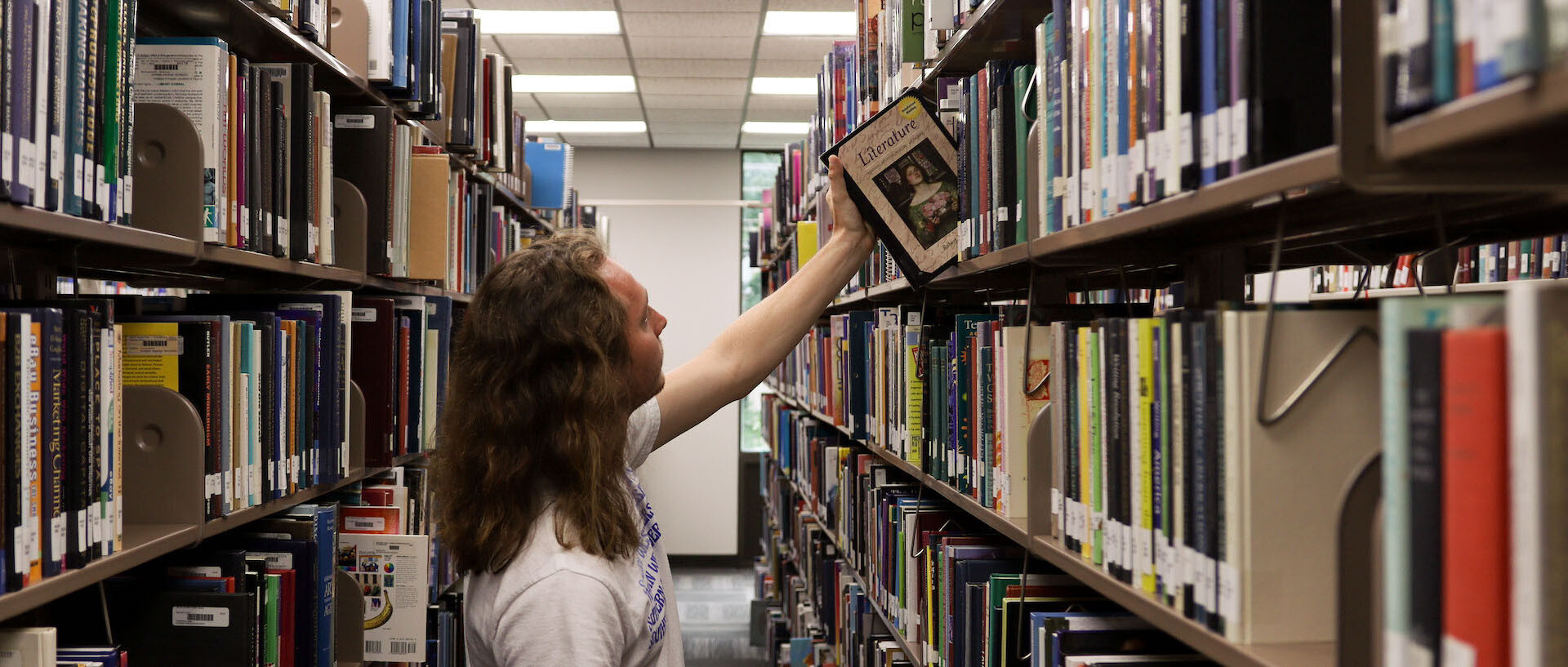
Rickman Library
Mission Statement
The Claude R. Rickman Library engages the Southern Wesleyan University community by supporting and cultivating scholarship and creativity through access to staff, services, and resources.
Library Resources
OneSearch — Search for books, articles, ebooks, DVDs, online reference, & more. Click here for details.
Databases by Subject — Search a list of databases arranged by subject
Databases by Title — Select a particular database from an alphabetical list
eBook Collections — Search thousands of eBooks that you can read on any device
Libby (formerly OverDrive) — Search ebooks and audiobooks
Library Normal Hours
| Monday–Thursday | 8:00 AM – 10:00 PM |
| Friday | 8:00 AM – 4:30 PM |
| Saturday–Sunday | Closed |
24-hour study room available with chip-enabled ID card
Contact the Library
Call: 864-644-5060
Email:
Other Resources
My Library Account — View checkouts, requests, & renew items
Research Consultations
Appointments are available for SWU faculty and students to meet with a reference librarian for individualized assistance. Please contact us to schedule an appointment.
Contact Us